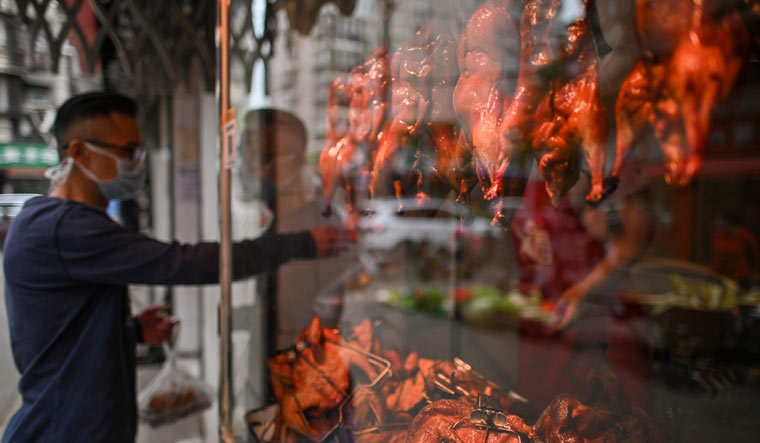Wuhan, the city that had been the epicentre of the coronavirus pandemic has banned citizens from eating the meat of wild animals for five years. The move comes a day after news that authorities in the province of Hunan and Jiangxi are offering money to Chinese farmers to stop breeding exotic animals for meat.
Both moves come as a result of mounting pressure on China to stop the illegal trade of wildlife for meat. The trade that caused the pandemic and has killed more than 320,000 people worldwide.
In early April China excluded dogs, pangolins and bat meat from the list of animals that can be consumed for meat. But exotic animals can still be bred for making traditional Chinese medicine and for fur.
Wuhan has also passed an order to ban all hunting of wild animals within its limits, declaring Wuhan “a wildlife sanctuary,” except for government-sanctioned hunting for “scientific research, population regulation, monitoring of epidemic diseases and other special circumstances”.
In the wake of the coronavirus pandemic, China has already banned the sale of wild animals for food. Wuhan has taken it a step further and imposed new, stricter controls, ensuring that the ban isn’t flouted.
City officials said the local administration would take part in the wider national scheme to buy wild animal breeders out.
As on Wednesday, Shulan city in the province of Jilin was put under a lockdown similar to how Wuhan was in the beginning of the outbreak. The city, as of on Tuesday had confirmed a total of 133 locally transmitted cases.
On Tuesday the mainland reported 23 new cases, including one from Wuhan.
The coronavirus that causes COVID-19 is widely believed to have passed from bats to people. The WHO will conduct an investigation to find the intermediary carrier of the virus after the pandemic retreats.



